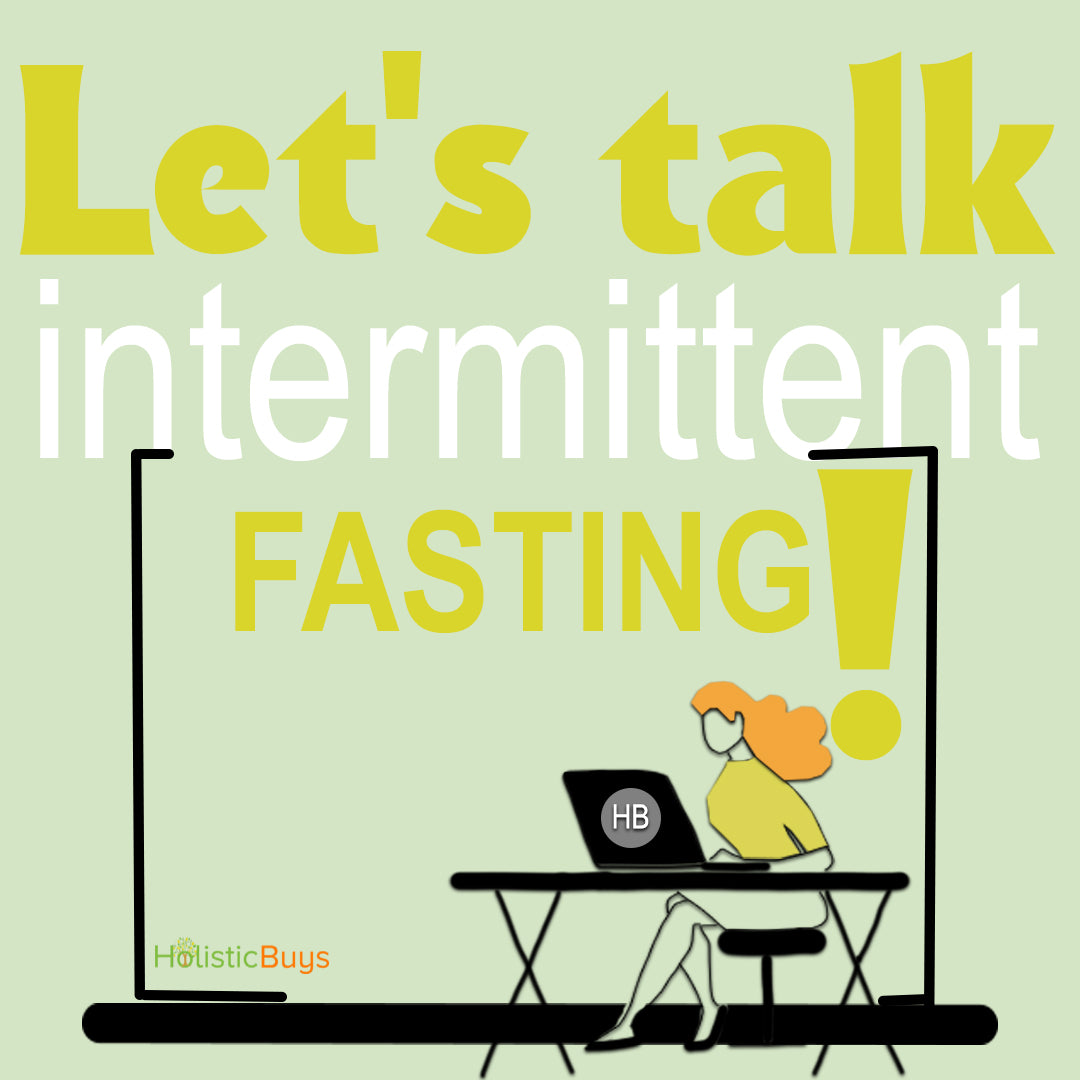I have been asked about intermittent fasting so many times. I want to bring you along with me on my journey to intermittent fasting (IF). I have been fasting for the last three years and now it is the only way of life. I have been asked about intermittent fasting so many times. I want to bring you along with me on my journey to intermittent fasting (IF). I have been fasting for the last three years. It is a way of life for me.
However, fasting also has to be undertaken with an enormous sense of responsibility. There are, of course, norms as to who should and should not be observing fast. The very young, the old and infirm, pregnant and nursing mothers should be extremely cautious when it comes to choosing too fast. Besides these norms, it is also important how fasting should be observed so that we are able to take away the most from the practice.
Intermittent fasting is not a diet, it’s a pattern of eating. It’s a way of scheduling your meals so that you get the most out of them. Intermittent fasting doesn’t change what you eat, it changes when you eat.

Let's start by going over the different Types of periodic or Intermittent fasting:
- The 14:10 method: It involves eating for 10 hrs and fasting for 14 hrs. Example: 9am to 7pm is the eating window. You start fasting at 7pm till the next day at 9am.
- The 16:8 method: Also called the Leangains protocol, it involves skipping breakfast and restricting your daily eating period to 8 hours, such as 11 AM to 7 PM. for 16 hours in between.
- The 18:6 method: Where your eating window is for 6 hrs and fasting window is for 18 hrs. Example: oon to 6pm m is the eating window and from 6pm to noon is the fasting window.
- The 20:4: This method involves eating window of 4 hrs and fasting window of 20 hrs.
- Eat-Stop-Eat: This involves fasting for 24 hours, once or twice a week, for example you can stop eating after dinner one day and continue to fast until dinner the next day, completing 24 hours of fasting.
- The 5:2 diet: With this method, you consume only 500–600 calories on two nonconsecutive days of the week, but eat normally the other 5 days.
Why do I practise Intermittent fasting?
It helps me stay focused and disciplined. I avoid unnecessary late night snacking or munching here and there just because of company or distractions. My relationship with my food and eating time has improved and it has become so sacred. I listen to my body’s needs and adjust my fasting or eating window accordingly. This has helped me keep my unnecessary calories to low.
I have gained muscle mass and lost body fat as I am able to manage my hormones better. I am a PCOS Warrior and if combined with balanced wholesome meals and exercises helps me manage weight, lowers estrogen levels and improves progesterone levels.
My mental health has improved as intermittent fasting has helped my relationship with body and food. My blood sugar levels are low (which are naturally high in women with PCOS) which has improved my metabolism, moods, anxieties and depression related to Polycystic Syndrome (PCOS).
Is Intermittent fasting for you? I suggest all my clients give at least 12 - 13 hrs of fasting period. Your body needs to rest and rejuvenate and renew at the time you are fasting. During fasting one must always build up to fasting hours. You must follow the advice of a health care practitioner and plan properly before you jumpstart to anything. If you are pregnant, breastfeeding you must avoid fasting and allow yourself to eat intuitively.

Intermittent fasting combined with intuitive eating can help bring balance and elevate your overall health goals.The most important part of intermittent fasting is the eating window but somehow people focus more on the fasting window. It is very important that you eat wholesome, nutritional, well balanced meals during your eating window to provide your body with all the important macronutrients and micronutrients. It is also important how you break your fast. Choosing alkaline, nutrient dense meals, eating in a calm environment and enjoying your food is very important. Intermittent fasting is not a fad diet it's a way of living. If you are interested to make IF part of your journey contact me to help you kickstart your fasting program. I provide a Free Discovery Meet.
Four ways to incorporate fasting or transition to fasting, if you are a beginner:
1- Avoid sugars and refined grains. Instead, eat fruits, vegetables, beans, lentils, whole grains, lean proteins, and healthy fats (a sensible, plant-based, Mediterranean-style diet). 2- Let your body burn fat between meals. Don’t snack. Be active throughout your day. Build muscle tone. 3- Consider a simple form of intermittent fasting. Limit the hours of the day when you eat, and for best effect, make it earlier in the day. Stop eating after 6pm PM but definitely do not eat in the late evening before bed). Avoid snacking or eating at night time, all the time. Now, take a deep breath, roll your shoulders back, lengthen your spine, neck, relax your head. Breathe in and breathe out. Namaste.
Affirm:
I am cleansing. Water helps my cells detox.
I am grateful for the ability to tune into my body and any emotions coming up.
I am grateful for nutritious high vibe food to give me energy.
My body is light and ready to rest and repair.
Health Love & Light





